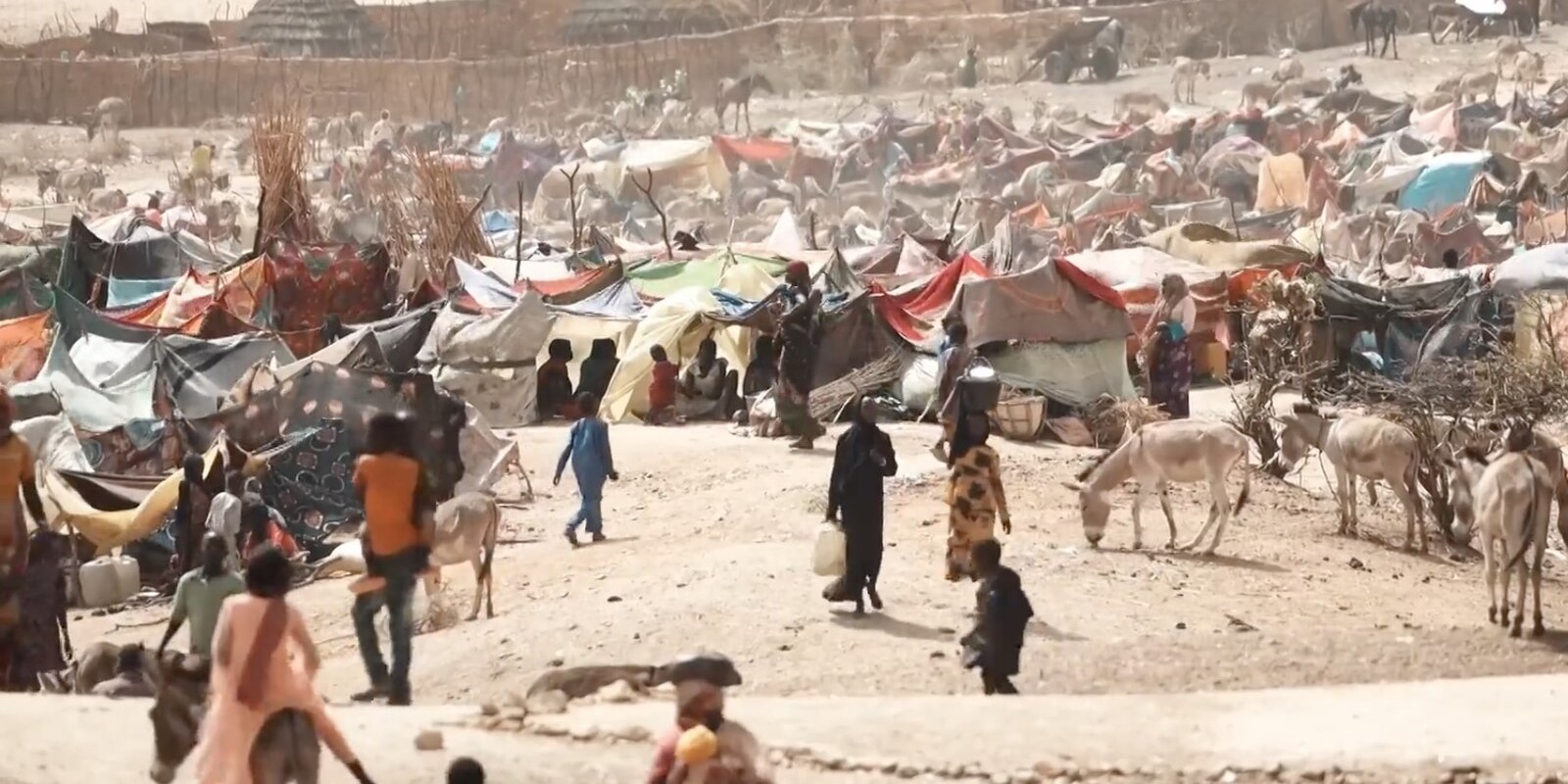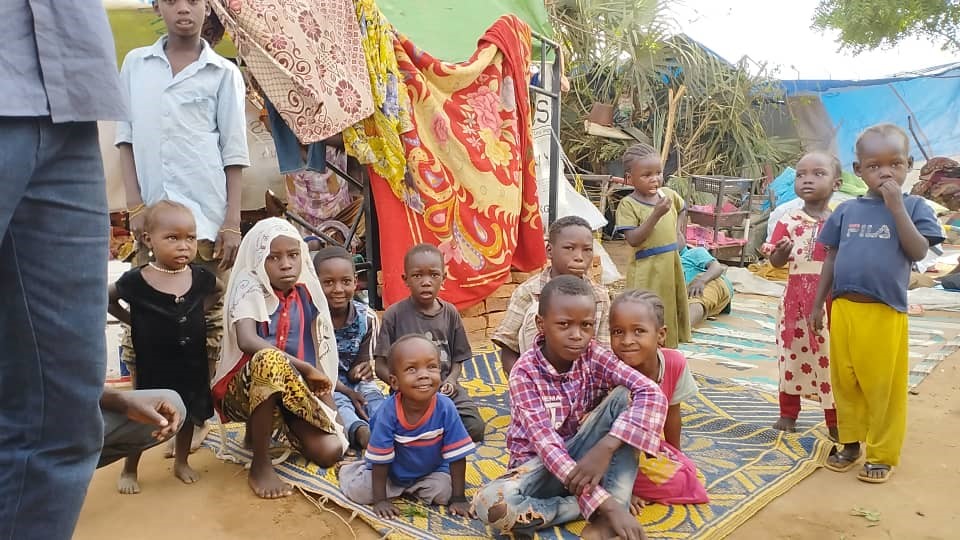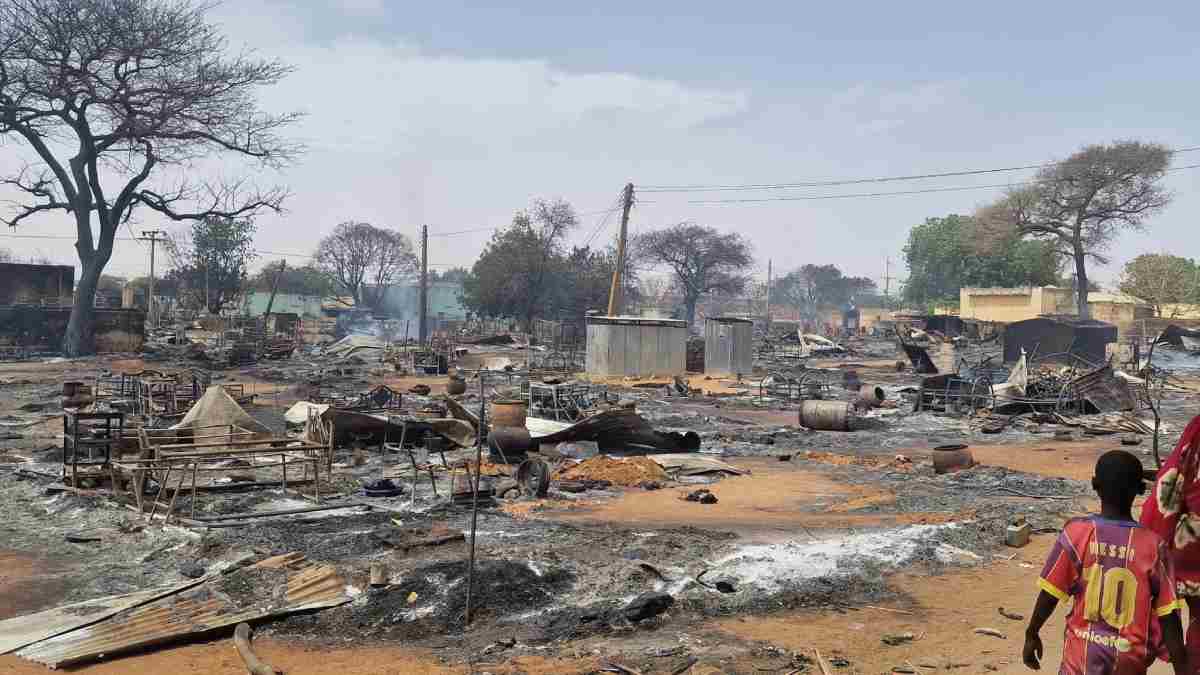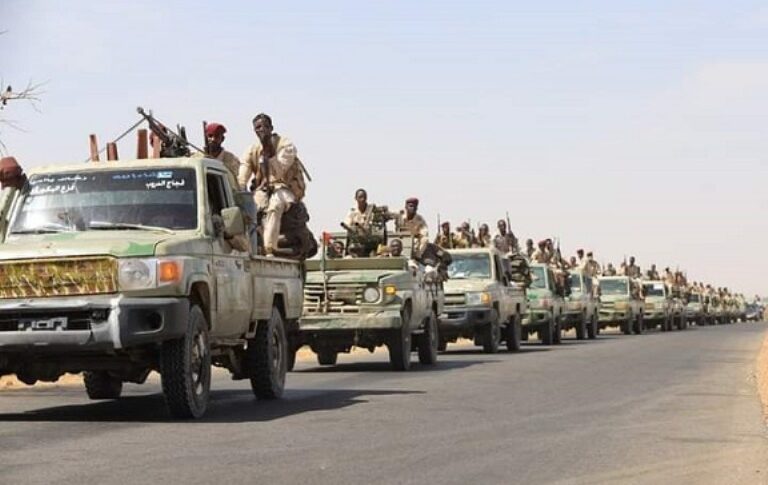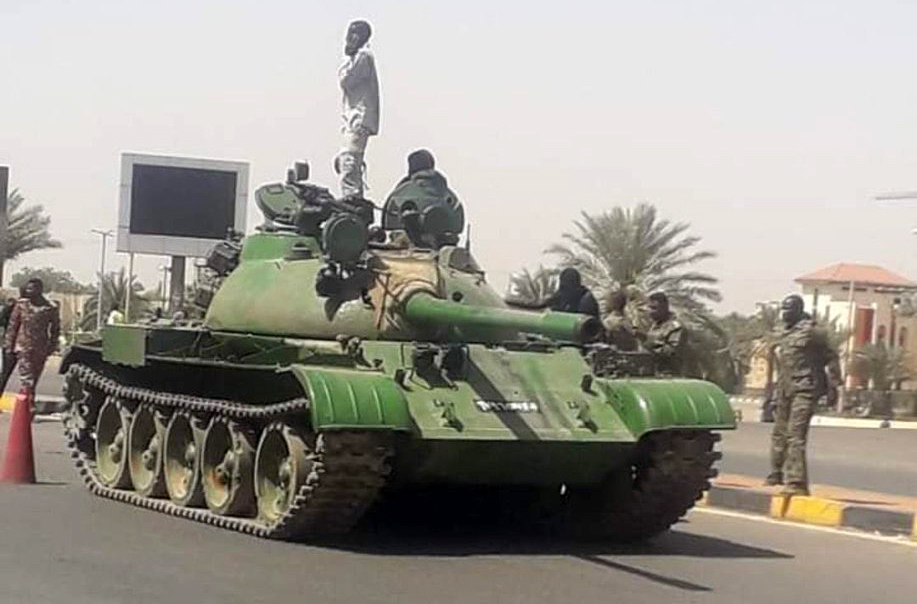
Darfur: ‘ethnic cleansing’ targets Massalit
Human Rights Watch (HRW) reported that “ethnic cleansing” and crimes against humanity are being committed in El Geneina, capital of Sudan’s West Darfur state. The crimes are described as “among the worst atrocities against civilians so far in the current conflict in Sudan.” The Rapid Support Forces (RSF) are responsible for the widespread attacks and massacres that have been carried out against the Massalit ethnic minority. The wave of attacks commenced in April 2023, with the start of the conflict. Since then, it is estimated that between 10,000 and 15,000 people have been killed in El Geneina. HRW called for these killings to be investigated as genocide. The RSF meanwhile continues to close a ring around El Fasher, North Darfur, the last city in Darfur region it has not yet taken. (Map: PCL)



